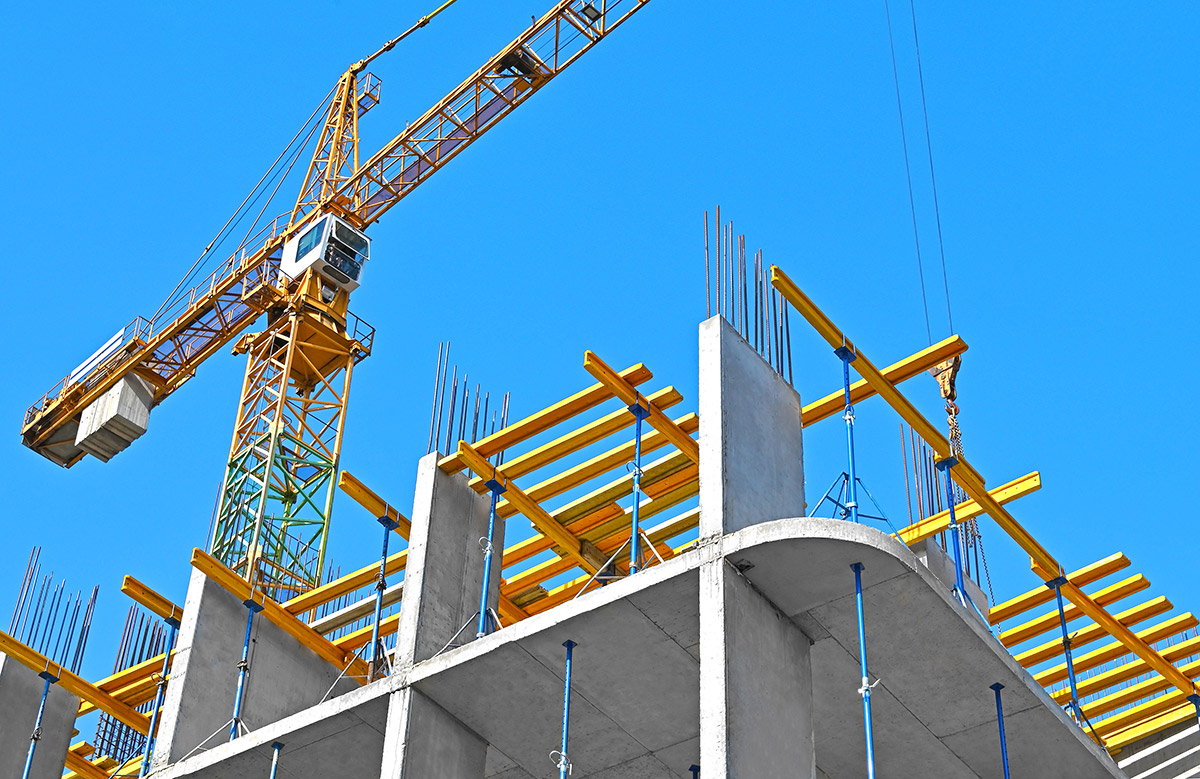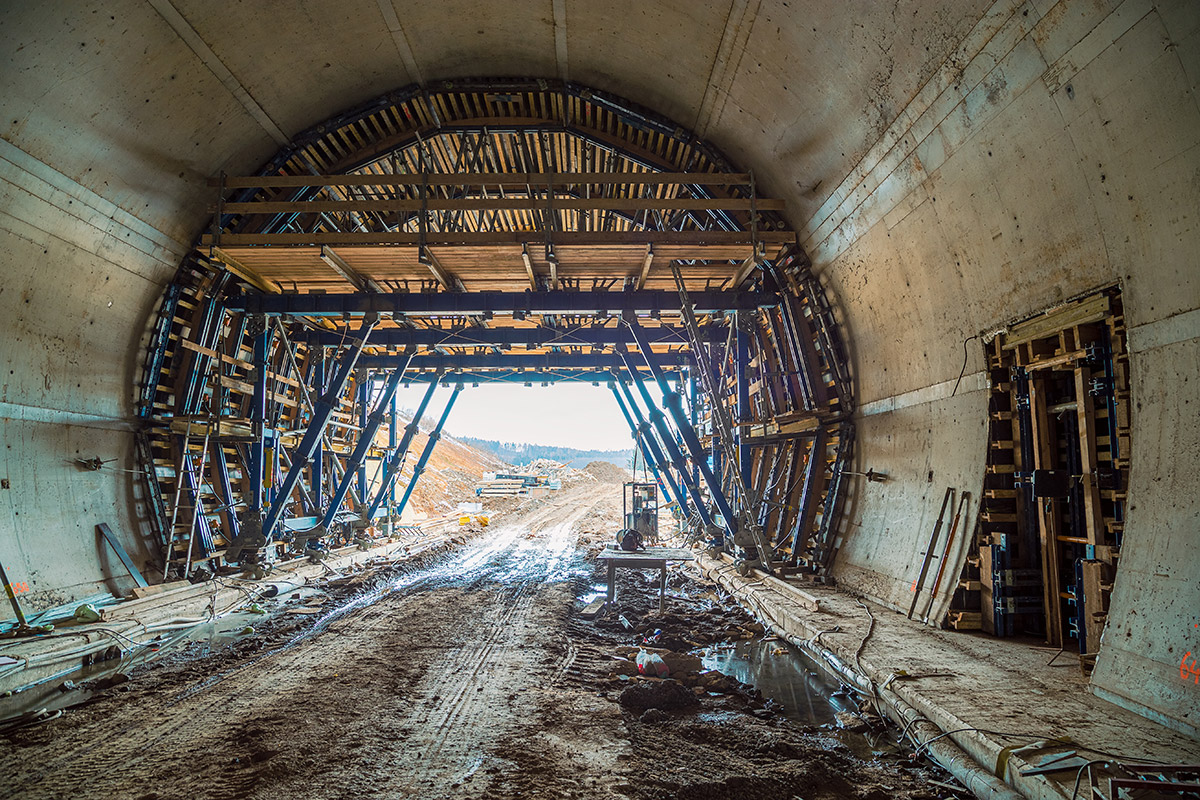
Why 'Made in China' still wins in Australia
- Jan 21 2026
- /
- 233

At its core, formwork in construction refers to the temporary mold or structure used to shape and support concrete until it becomes self-supporting. It is a template that holds the concrete in place as it sets and gains strength.
Formwork is crucial in constructing various concrete structures, including walls, columns, slabs, and beams.
1 Mold or Form
The form is usually made of wood, steel, aluminum, or plastic, and it outlines the shape and dimensions of the concrete element being constructed.
2 Support Structure
Formwork provides support to the freshly poured concrete until it can support itself. This is an essential step when the concrete gains strength during the curing period.
3 Temporary Nature
Once the concrete has hardened and can bear its weight, the formwork is removed for reuse in other parts of construction or for future projects.
4 Shape and Finish
Formwork determines the final shape and finish of the concrete surface. It can be smooth, textured, or patterned based on the design requirements.
5 Variety of Types
There are different types of formwork, which we will be getting in depth later on, that enhance efficiency and reduce construction time.
Formwork is important in the construction process, ensuring concrete structures are built precisely and meet the desired specifications. It plays a key role in the construction project's overall quality, aesthetics, and structural integrity.
Various types of formwork are used in construction, each with advantages and applications. There is even a market for used formwork in Australia.
1 Traditional Timber Formwork

2 Engineered Formwork Systems

3 Reusable Plastic Formwork

4 Insulating Concrete Formwork (ICF)

5 Jump Formwork

6 Tunnel Formwork

7 Table Formwork

Choosing the right formwork type depends on the project's complexity, budget, required finish, and the frequency of formwork reuse. Each type has its advantages and is selected based on the specific needs of the construction project.
In essence, the importance of formwork in construction is paramount - it is the silent artisan shaping the very foundations of structures.
Beyond its utilitarian role in providing support during concrete curing, formwork is the canvas upon which design precision is painted. It dictates the structure's shape, determines its aesthetic finish, and accelerates construction timelines efficiently.
Issues like concrete cancer can be reduced by quality formwork.
Formwork isn't merely a construction necessity; it's the key that bridges imagination to reality, ensuring each project is a testament to precision, safety, and the seamless fusion of engineering and artistry.










Electricians home automation air conditioning data security Brisbane.
Electrical Brisbane